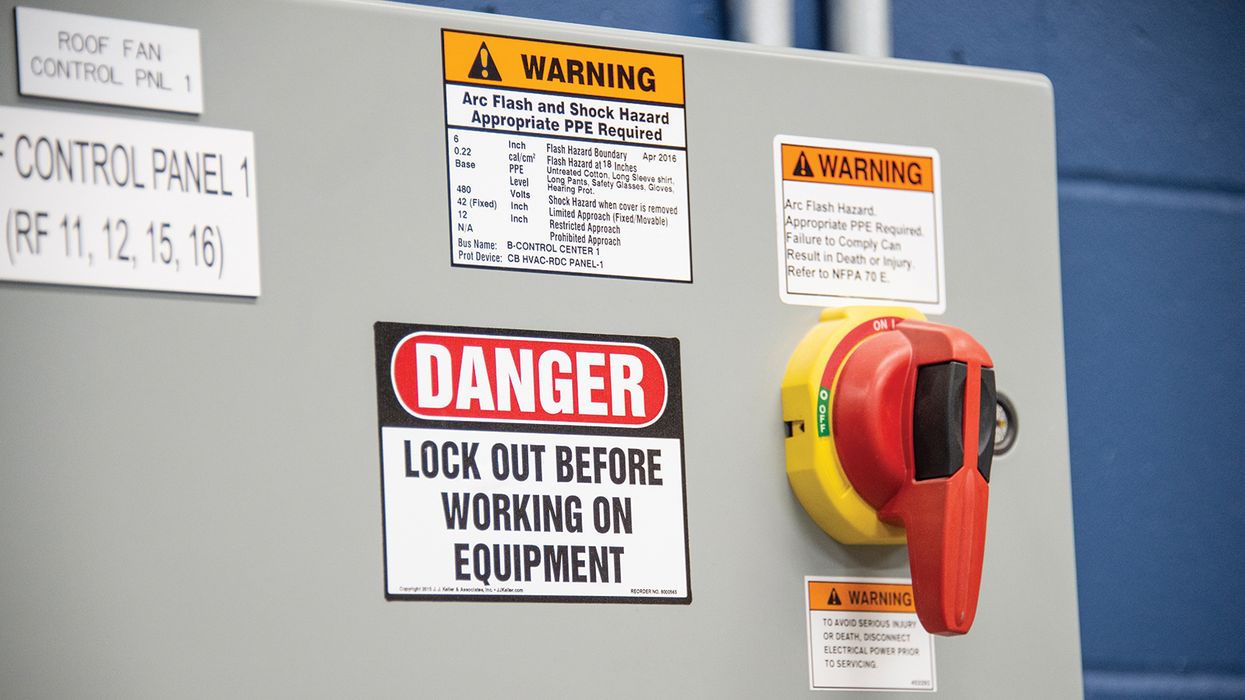Are employers required to ask for FMLA certifications?
During a recent FMLA-related presentation, an attendee asked us this question: Are employers required to ask for FMLA certifications? The technical answer is “no,” but read on for more about why you should, and when you’re allowed to request a certification.
Determining if FMLA leave applies
When employees put you on notice of the need for leave, you might not know whether they have an FMLA serious health condition. To help make this determination, the FMLA allows you to ask for a certification supporting the need for leave. That certification also provides documented evidence on which you based that determination.
Without the information in a certification, whether it’s for a medical condition or for a military-related qualifying exigency, you might not have enough information to determine if the employee is entitled to FMLA leave.
Sure, you could provide the FMLA leave without a certification, but what if the employee argues that the reason didn’t qualify, perhaps because the employee really didn’t have a serious health condition? If the employee were to press the issue and file a claim, what would you have to support your argument? Courts like documentation. And should a situation land you in front of a judge or jury, having the proverbial paper trail might be your best defense.
Think of it as similar to when you ask your children if they finished their homework, and they say “yes.” But when you ask them to show it to you, they say they don’t have it, leaving you with no real proof it is done.
The certification also indicates more than whether an employee or family member has a serious health condition; it also informs you of when you can expect the employee to need leave. Getting the work done is hard enough, but knowing when an employee will be out can give you time to help find alternatives.
FMLA and pregnancy
Some employers choose not to request a certification for certain situations, such as pregnancy. Since pregnancy is a serious health condition under the FMLA, employers might not think a certification is necessary.
Employees, however, may take FMLA leave for prenatal care, severe morning sickness, or any other reason for which they are incapacitated by the pregnancy.
When not to ask for a certification
You may not, however, request a certification when leave is strictly for bonding with a healthy child — whether it’s after the birth of a child, adoption, or foster care placement. This is logical since, in this situation, no one has a medical condition. The family members are just … well … bonding with each other.
Therefore, a doctor would have no medical information to provide on the certification. That’s why the FMLA prohibits you from asking for a certification for bonding. You may ask employees for other documentation, such as a birth certificate or court documents, to support time off for bonding leave.
Recertifications
Don’t forget about recertifications, which can be very handy in situations, for example, in which employees take intermittent FMLA leave over a long period of time. Like certifications, you are not required to request recertifications, but may do so when allowed. They can help keep you apprised of employee leave needs and can also help curb FMLA leave abuse.
Key to remember: While you aren’t required to ask for an FMLA certification, without one, you might not have much supporting an argument related to whether an employee’s absence qualifies for FMLA leave protection.























































